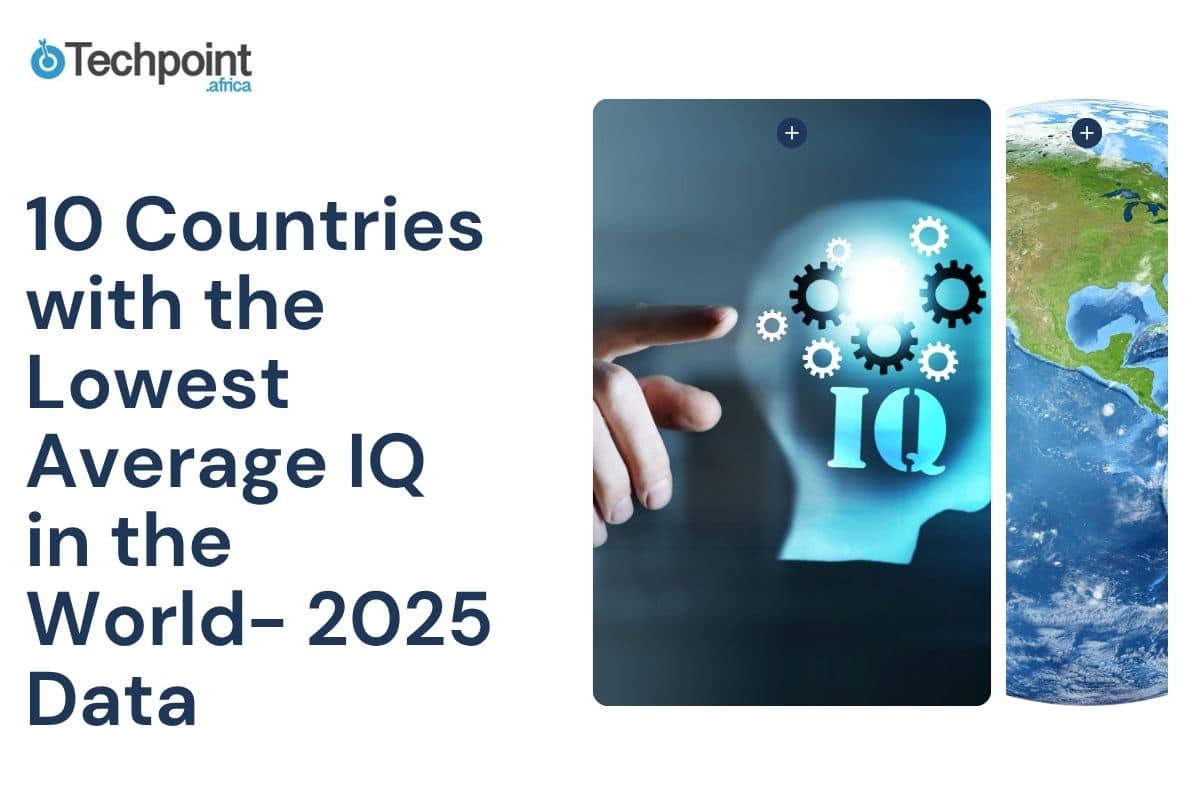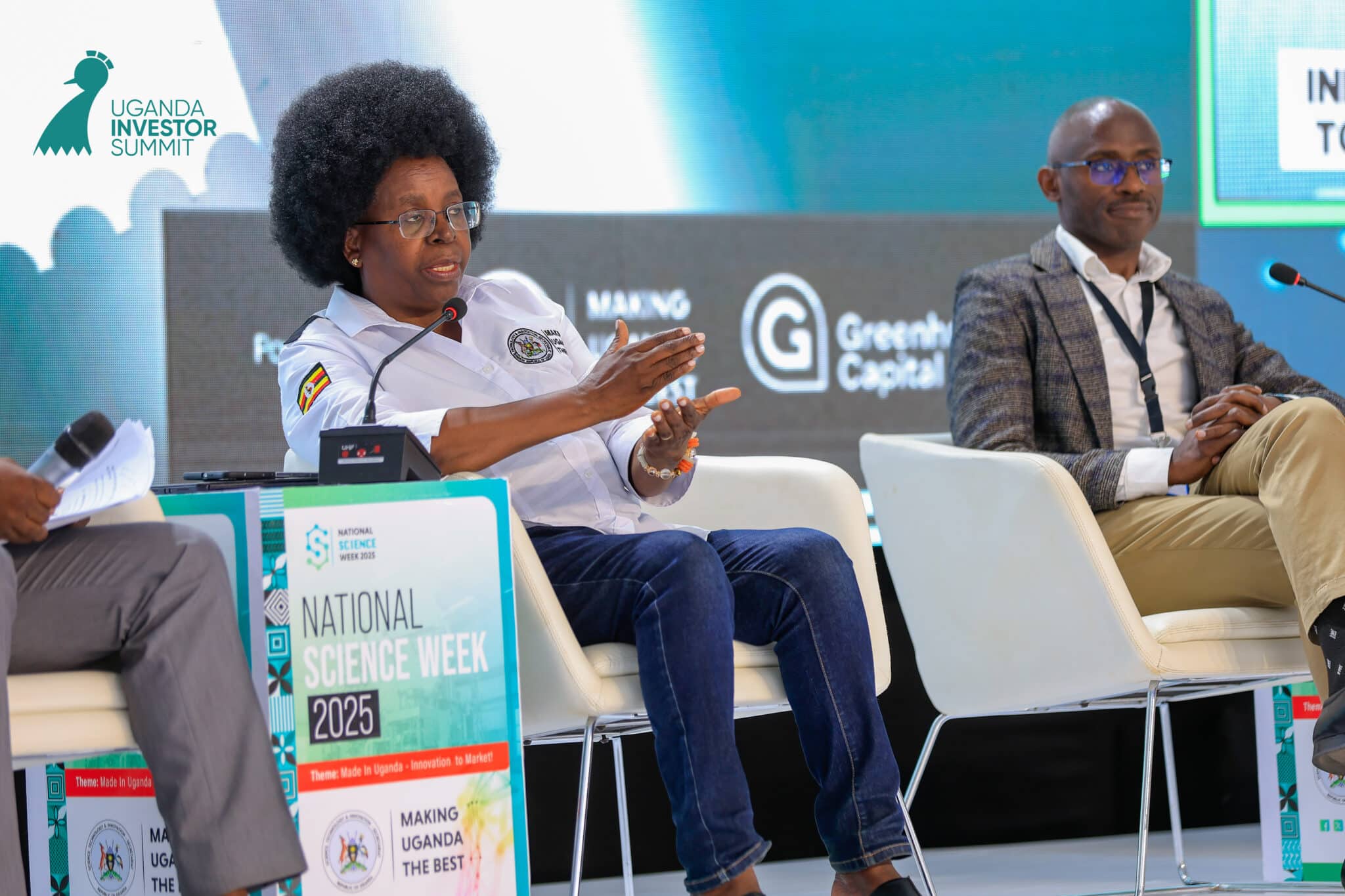Between 2020 and 2022, African startups broke one fundraising record after the other producing unicorns such as Wave and Flutterwave. But all that has changed in the past year.
Startups are raising less capital with many shutting down or laying off employees as a result. Not even large and well-funded startups like Chipper Cash, mPharma, and Paystack have been spared.
The pull-back has forced venture capitalists to re-examine investment strategies with many foreign VCs reducing activity on the continent and a renewed focus on profitability.
This week, TLcom Capital hit the final close of a $154 million fund that is one of the largest raised by an Africa-focused fund. In this interview, Maurizio Caio, Founder and Managing Partner, shares his thoughts on the funding landscape in Africa and the calls for profitability by investors.
What’s the general sentiment among VCs about the funding landscape in Africa?
When you look at the investment that we and other VC funds are actually making in portfolio companies, the numbers are pretty much in line with last year. It’s a time when clearly there’s less capital available and so it’s probably capital that would be very selective in picking companies.
When it comes to investors providing capital to funds, my impression is that we’re on a positive trajectory. When we raised our first fund, it took us three years to go from first close to final close, but also it was a very unpopular investment strategy.
I remember one meeting with a family office in Cape Town, where they were saying, “Please just pick either Africa or VC, but both of them in the same investment memorandum is just too much. Don’t do this to us.” People used to get fired for proposing Africa VC funds; now it’s much different.
African VC has a role in the capital allocation of several players, not just the DFIs but also private capital entities, banks, insurance companies, funds of funds, asset managers, and family offices that want to approach Africa and take that risk.
From a global capital perspective of looking at funds, I think that VC is becoming more acceptable and more interesting. From the standpoint of VCs looking at companies, there’s no doubt that a lot of players that were excited in the 2021 and 2022 peak are not present anymore, particularly the non-African players, and so you will see a more selective approach, but for entrepreneurs that are great, great companies, nothing changes. There’s always capital for the great entrepreneurs.
It took you about two years to close your second fund. What are some lessons that this experience taught you and why do you think TLcom Capital had an oversubscribed fund when other fund managers were struggling to raise capital?
Two things have happened. One, the DFIs have pretty much mapped the African VC space, and so their question now is not whether or not to play, but which funds to pick. Some of them pick in terms of region and some of them pick in terms of stage.
The interesting thing is that a growing number of non-DFIs are looking. Of course, there is an interest in the upside that Africa technology can provide but the big question for all of us is how do we make sure that this promise is achieved. In other words, the way to attract more capital to this asset class will always be to deliver returns.
So I think that the way that private fund managers are looking at the VC funds is to say, “Well, given the space is interesting, what are the managers that can give us a risk-adjusted opportunity to participate?” Therefore, second funds are better than first funds and experienced managers are better than new managers.
People who can show an ability to identify, deploy, and exit are better than people who just promise that. So I think one of the reasons that they picked us and there was interest was because we have a team that has shown an ability to build an interesting portfolio, an ability to make exits in the past.
Overall, my expectation is that there would be more capital coming into African VC to the extent that the VCs do a good job of not just articulating the opportunity in investing well but also exiting well.
This is clearly our collective priority over the next three to five years. We have to show the world that it’s a great idea to invest in African VC.
VCs have begun talking more about exits in the past three years but we’ve not seen a lot of that. What do you think needs to be present to get the exits that investors need?
First of all, we’ve now had a little bit more time to let companies grow and qualify for exits. Five years ago, the ecosystem was maybe five years old. Now it’s ten years old, and so the early investments that were made at the beginning of the cycle are slowly qualifying for exits.
There’s no magic with exits. Potential buyers and capital markets have very clear metrics that they want to see in order to buy a company or to accept it on the public markets, and it clearly takes time.
It’s about material revenues. It’s about growth. It’s about profitability. The quality of management, the predictability, so these are things that cannot happen overnight. On that, we are benefiting from the fact that every year companies have 12 more months to build for those qualifying metrics.
I think that the role of VCs is to help companies achieve those qualifying factors. It’s not that in Africa it is more difficult to exit than in other places. It’s about the quality of the assets. And so, to the extent that we can help companies grow fast and achieve profitability, there will be more exits.
I think that we have seen some of them and, you know, people always talk about Paystack, but there are others. The number is growing and when we look at our portfolio and the portfolio of our colleagues, we can see that a growing number of companies are now qualifying.
Also, I think that there is more interest on behalf of capital markets to find growth opportunities. In this global economic environment, if you can offer assets that provide growth, there is an interest. Let me give you an example. The London Stock Exchange is launching a very specific initiative to attract African tech companies to list and this is on the expectation that a growing number will qualify.
To the extent that there is clarity at the company level about the requirements to qualify for exits, I think that management teams can work to achieve that. It’s important that there’s a conversation about this topic in the companies, however early they are in the journey.
When companies accept a new investor, it is important to have an exit conversation not because you want to sell the company the next day, but because you need to make sure that people are aligned in terms of achieving a certain level of growth, a certain level of profitability, and provide guidance to the founders and the managers.
What are some specific things that investors can do to ensure that startup founders and startups are preparing for exits and that we are optimising for exits?
If you think about it in very practical terms, for a trade sale, an M&A, a corporate buyer or a private equity fund, you need to have a material size, very fast growth, and be profitable.
You need to have $5 million to $10 million of positive EBITDA to attract the interest of a private equity fund. That’s not necessarily the same for a corporate buyer, but there needs to be a clear path to profitability. You need to have a management team that can project a certain level of confidence in terms of an ability to grow the company further.
All the investments are about what will happen afterwards; it’s about the upside. It’s about the growth that is ahead of us. And I think that for trade sales, this is enough. So a company would buy an African tech company when they see a growing set of revenues or a path to profitability.
When you think about going public, the list becomes longer and every stock exchange will have a very specific rule. For instance, NASDAQ requires companies to have at least revenues of $90 million, valuation of at least half a billion dollars, governance requirements etc.
So once again, it’s not magic. hen you think about what VCs can do on the board, it is to make sure that they have business strategies that can actually get to those metrics in terms of revenues and profitability, and so what are the choices?
How do you achieve a certain level of growth? Is it by international expansion? Is it through an acquisition? Is it by launching new products? What about your ability to execute on the recruiting side?
What I think is very important is to have an alignment within the company about what we’re trying to achieve. It is crucial to have that conversation as a board, as a set of shareholders to align founders and management and say, “Why are we doing this? Are we creating a $100 million company, a billion dollar one?”
Do we give ourselves five years, ten years, or three years? Do we want to exit at $100 million or $500 million? There needs to be an agreement on what we’re trying to achieve and that’s the first step. From there, you can articulate a business strategy to get there. So I think that’s our role, not to run the business but to understand where the founder wants to take the business and to help them achieve that in a way that can be recognised by capital markets or potential buyers.
The funding crunch has led investors to encourage profitability for startups including early-stage startups. You’ve previously cautioned against demanding profitability too early. Do you still feel that way?
Yeah, I do. When we talk about these things, we need to maybe be a little bit more detailed. There’s a profitability level which is the company profitability, the total income statement. Let’s just say EBITDA. There is the operating margin and that’s one level, but there’s an intermediate level, which is the gross margin that fundamentally measures the profitability of the business model. Now, this level is a fundamental requirement.
We only invest in companies that have a high gross margin. Fundamentally, companies that generate more money and don’t take all of their costs with them when they grow.
That is something you don’t compromise. Asking an early-stage company to be profitable at EBITDA level, in other words, to have revenues that are higher than all the costs, is killing the baby in the cradle because early-stage companies need to invest, need to absorb cash, and need to hire people to develop new products before they can get scale.
I think the distinction is very much about the unit economics that must be positive and the profitability of the company that can be negative for the first few years of a company, and then, of course, the company needs to become profitable at some point otherwise, there’s no value in the exercise. But, yes, we continue to believe that the key in the early stage is positive unit economics, not profitable companies.











